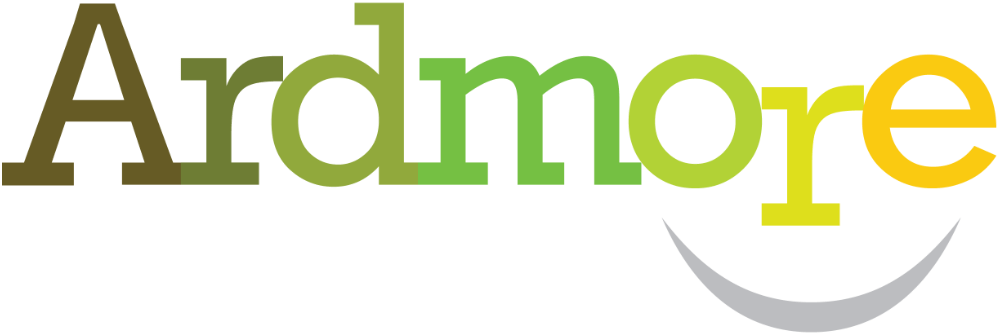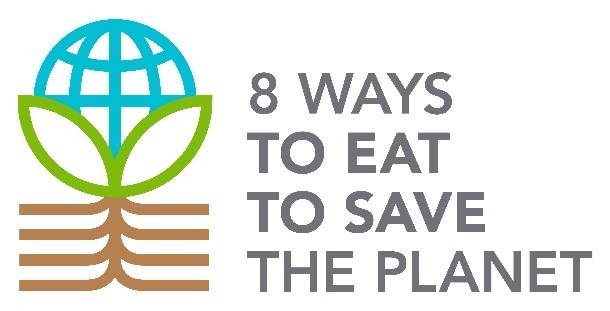8 ways to eat to save the planet project
A study by Cambridge University published in Nature Climate Change suggests that a global shift towards healthier diets is necessary to prevent dangerous climate change and ensure food security for a growing population. The authors warn that increasing agricultural yields alone will not meet demand and call for reducing waste and promoting a balanced diet. They also highlight the issue of obesity, which is linked to a lack of access to healthy foods and physical activity. The WHO recommends reducing exposure to unhealthy diets and sedentary lifestyles and promoting healthy diets and physical activity. The project aims to instil sustainable habits and healthy eating in European children from an early age to improve their health and reduce their impact on the planet.
The project has a number of objectives related to teachers, students, the environment, and health.
The objectives related to teachers include strengthening their professional competencies, providing innovative tools to enhance their work with students, and developing key competencies related to climate change and sustainable development. Teachers will also test innovative practices to prepare learners and educational staff to become agents of change, promoting behavioral changes towards recycling, reduced consumption, and sustainable lifestyles.
Objectives related to students include tapping into their motivations by offering them opportunities to explore and critically understand global issues, using the curriculum to address competencies required for effective action on global issues, and providing opportunities for putting competencies into practice.
The project also aims to promote a change in behavior related to the environment to achieve a sustainable future. Finally, health-related objectives include reducing obesity rates and promoting healthy diets and habits.
The project aims to contribute to the sustainability of the planet through education and behavioral changes.
The expected results are:
- Change their behaviour when choosing the food they eat and will do so in a responsible way with the conservation and sustainability of the planet in mind
- Reduction in the obesity rate in European pupils while at the same time there is a cultural exchange with the recipes provided
- To enrich students with the benefits of improvisation theatre techniques
Our partners:
- BRAIN-LOG
- FORUM
- I&F
- KORUP
- ARDMORE
- MERIDAUNIA
- RIBAMAR
- EUPHORIA NET
For further information, please visit: https://8waystoeat.eu/



